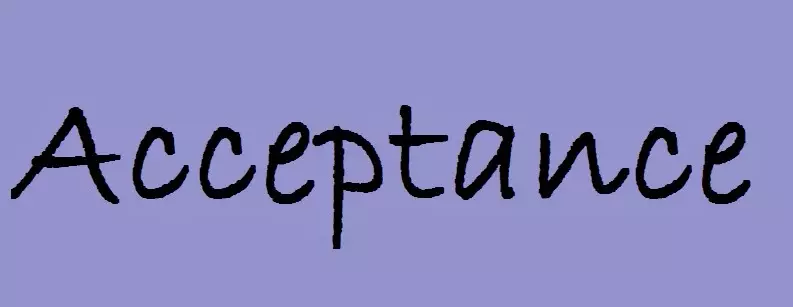How and On what Grounds can Offer be Revoked?
An offer is made with a view to obtain the assent of the other party to it. If it is accepted, a valid agreement is made, But before being accepted the offer may lapse, may be revoked or may be rejected by the offeree. An offer may come to an end by any of the following ways stated in section 6 of the Indian Contract Act.
By notice of revocation:
A proposal is revoked by communication of notice of revocation by the proposer to the other party. Any time before acceptance, the offeror may revoke offer by sending a notice and this revocation must reach the offeree before he sends the acceptance.
By lapse of time:
A proposal is revoked by the lapse of the time prescribed in such proposal for acceptance, or, if no time is prescribed by the lapse of a reasonable time, without communication of the acceptance. Example. M made a offer to a company to purchase shares in that company by writing a letter on June 8. The company allotted him the shares on 23rd November. M refused the shares. Held that the offer lapsed as it was not accepted within a reasonable time.
By non fulfillment of a condition precedent to acceptance:
Sometimes, the offeror may ask the acceptor to fulfill certain conditions before acceptance. In such cases, the acceptance should be given by fulfilling these conditions. If these conditions are not fulfilled, the offer lapses. Example, A offered to sell his car to B for Rs. 1,00,000 on the condition that B should send an advance of Rs. 20,000 within a week, B accepted the offer without sending the advance. In this case, therefore, the offer lapses by no fulfillment of a condition precedent.
By death or insanity of the proposer:
A proposal can be revoked by death or insanity of the proposer if the fact of his death or insanity comes to the knowledge of the acceptor before acceptance. Death of the offeror revokes the proposal and if acceptance is made it has no effect. In addition to the modes stated in Section 6, an offer is also revoked in the following cases:
By Counter Offer:
Counter-offer means an offer in response to an offer. In such cases where instead of accepting the offer, the acceptor gives his own offer, the first offer lapses. If counter-offer is rejected by offeror the offeree cannot accept the first offer unless it is revived by the offeror. Example. A makes an offer to B to sell his car for Rs. 2,00,000. B in return offers to purchase it for Rs. 80,000. Here B’s offer terminates the original offer. So if after rejection B again agrees to purchase it for Rs. 2,00,000, there is no contract.
By acceptance not being accepted in the mode prescribed:
If offeror has prescribed a mode of acceptance, it should be strictly followed by offeree. If offer is not accepted in the mode prescribed, the offeror can reject acceptance by giving notice to the offeree within a reasonable time that offer should be accepted in the mode prescribed and not otherwise.
By rejection of the offer by offeree:
An offer also comes to an end when the offeree does not accepts it and an offer once rejected cannot be revived again by him.
By subsequent illegality or destruction of subject matter of the offer:
An offer lapses if it becomes illegal or the subject matter is destroyed before its acceptance by offeree.





